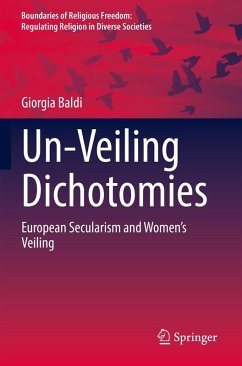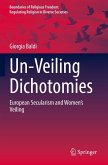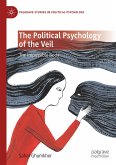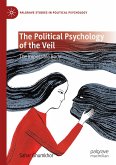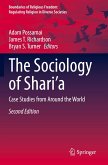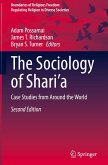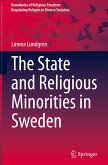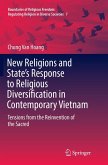This book analyzes the implication of secular/liberal values in Western and human rights law and its impact on Muslim women. It offers an innovative reading of the tension between the religious and secular spheres. The author does not view the two as binary opposites. Rather, she believes they are twin categories that define specific forms of lives as well as a specific notion of womanhood. This divergence from the usual dichotomy opens the doors for a reinterpretation of secularism in contemporary Europe.
This method also helps readers to view the study of religion vs. secularism in a new light. It allows for a better understanding of the challenges that contemporary Europe now faces regarding the accommodation of different religious identities. For instance, one entire section of the book concerns the practice of veiling and explores the contentious headscarf debate. It features case studies from Germany, France, and the UK.
In addition, the analysis combines a widerange of disciplines and employs an integrated, comparative, and inter-disciplinary approach. The author successfully brings together arguments from different fields with a comparative legal and political analysis of Western and Islamic law and politics. This innovative study appeals to students and researchers while offering an important contribution to the debate over the role of religion in contemporary secular Europe and its impact on women's rights and gender equality.
This method also helps readers to view the study of religion vs. secularism in a new light. It allows for a better understanding of the challenges that contemporary Europe now faces regarding the accommodation of different religious identities. For instance, one entire section of the book concerns the practice of veiling and explores the contentious headscarf debate. It features case studies from Germany, France, and the UK.
In addition, the analysis combines a widerange of disciplines and employs an integrated, comparative, and inter-disciplinary approach. The author successfully brings together arguments from different fields with a comparative legal and political analysis of Western and Islamic law and politics. This innovative study appeals to students and researchers while offering an important contribution to the debate over the role of religion in contemporary secular Europe and its impact on women's rights and gender equality.
